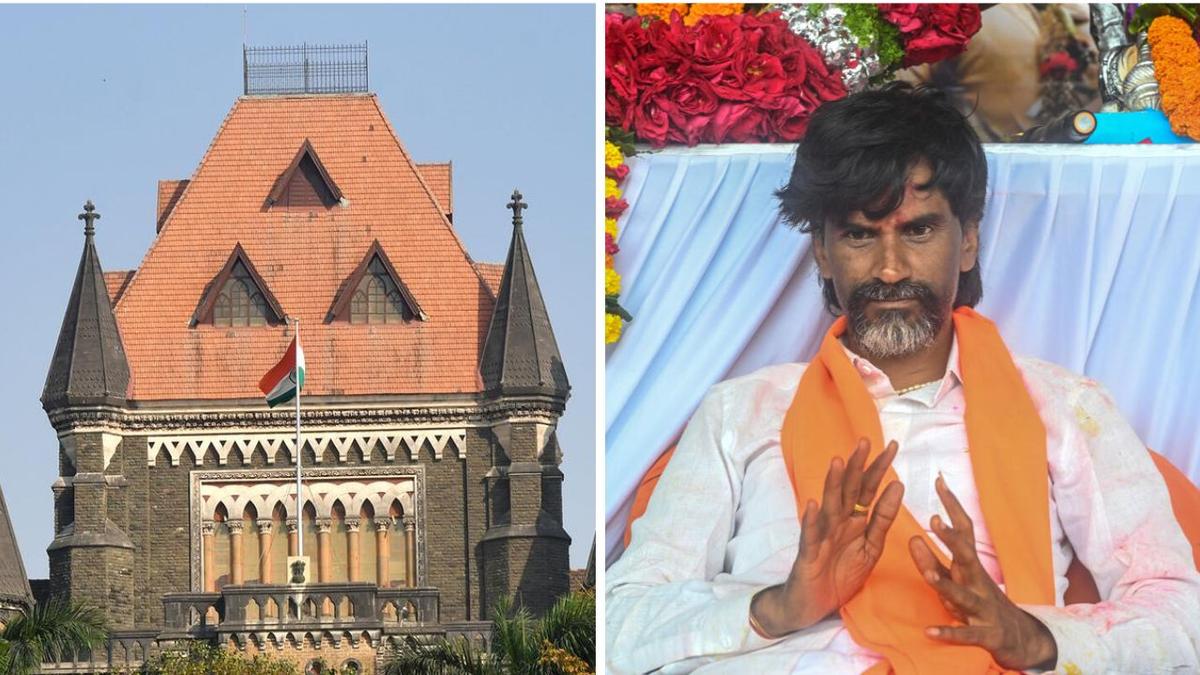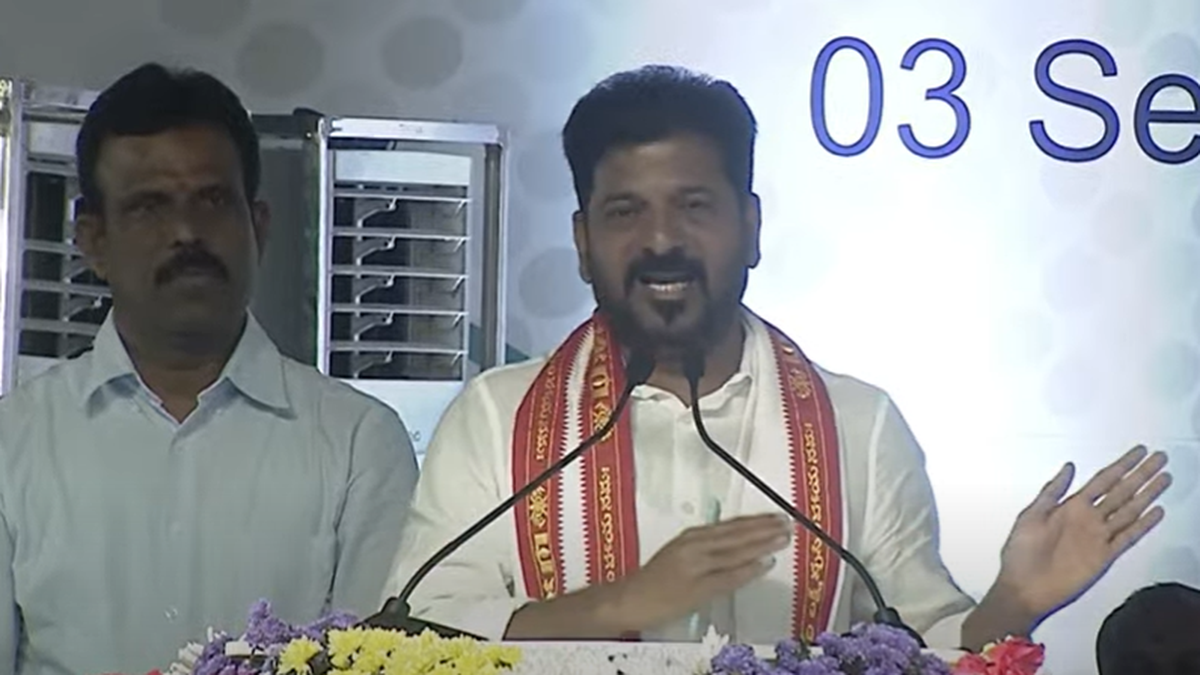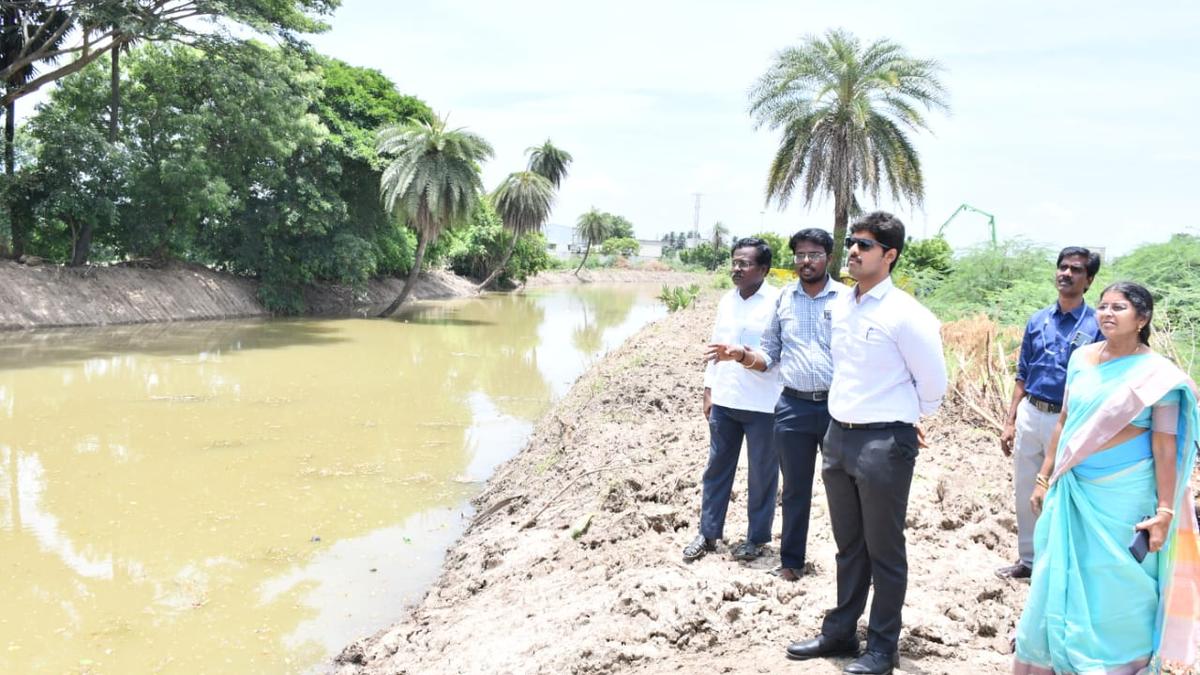Now Reading: Mumbai Maratha Quota Stir: HC Seeks Manoj Jarange, Organisers’ Response on Protest Damages
-
01
Mumbai Maratha Quota Stir: HC Seeks Manoj Jarange, Organisers’ Response on Protest Damages
Mumbai Maratha Quota Stir: HC Seeks Manoj Jarange, Organisers’ Response on Protest Damages

Swift Summary:
- Bombay High Court directions: Activist Manoj Jarange Patil and organisers of the Maratha reservation protest in Mumbai have been directed by the Bombay High Court to file affidavits addressing allegations of public property damage during a five-day agitation.
- Protest Resolution: The agitation was called off on September 2, 2025, after the maharashtra government issued an official resolution implementing Kunbi status for eligible Marathas in the Marathwada region.
- Allegations of Damage: Reports surfaced alleging vandalism and disruption, but advocates for Mr. Jarange denied these claims, maintaining that no public property was harmed and photographs were “old.”
- Court’s Stand: The Bench stressed that organisers must clarify their stance through affidavits to confirm they were not responsible or instigators of incidents during protests. A four-week deadline was given for submission.
- Government Actions Challenged: the Bench criticized the state government’s handling of law and order issues during protests, calling it “very serious.”
- Illegal Occupation at Azad Maidan: Protestors were initially ordered to vacate Azad Maidan due to lack of permission but allowed temporarily until september 3 morning upon assurances from Mr. Jarange’s counsel.
- Committee Formation: A government-appointed committee will oversee granting Kunbi certificates under OBC quotas in Maharashtra.
Indian Opinion Analysis:
The resolution addressing demands for Maratha reservation marks a major milestone in tackling one of Maharashtra’s most protracted socio-political movements. While significant steps have been taken by issuing official resolutions for Kunbi status-a central demand-allegations over damage and law-and-order disruptions highlight gaps in execution from both sides.
The High Court’s insistence on accountability could serve as a crucial precedent regarding responsibilities associated with large-scale agitations across India. It reflects judicial diligence amid rising instances where public protests could overshadow traffic safety or infrastructure concerns.
Moreover, forming special committees can streamline complex administrative procedures like certifications under caste reservations; however, effective implementation will require sustained openness to avoid potential controversies over eligibility disputes.
While immediate relief has quelled tensions temporarily post-agitation withdrawal on September 2 evening (2025)-longer-term pressures may arise concerning inclusivity policymaking frameworks/subsequent multi-layer accountability supervision impacts pivotal future iterations/debate scope ramifications retention clause modules societal implications depth governance emphasis manner robustness etc political calculus nuances trajectory procedural alignment interpretative bearings forthcoming stature contexts deliberation intricacies motivational equity preservation roadmap oversight indicators charter update horizon fulfilment dialogs aspirational retrospection iterative optimism ?????/extensions historical review upward scaling acceleration significance pathways engagement bridging ??? sectors corrective calibrational robust























